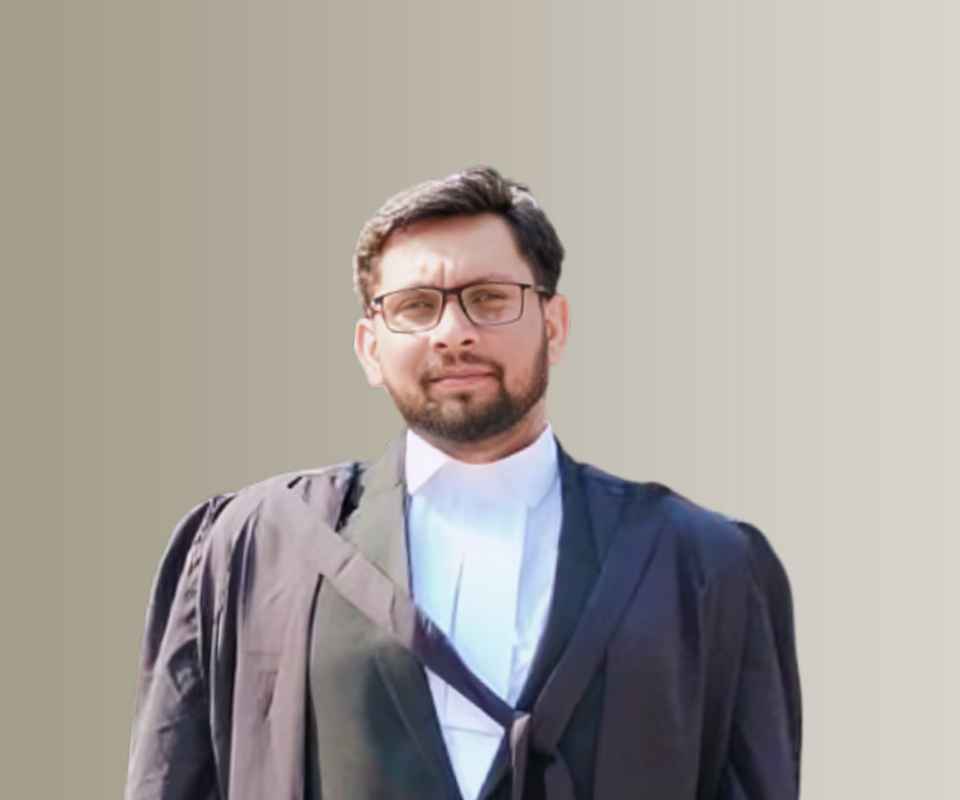Answer By law4u team
Expert testimony is not always required to prove negligence, but it can be crucial in certain types of cases where specialized knowledge or skills are necessary to establish the defendant's liability, causation of the injury, or the extent of damages. The need for expert testimony depends largely on the complexity of the case and the type of negligence involved.
When Expert Testimony Is Necessary:
Medical Malpractice:
In medical malpractice cases, expert testimony is typically required to establish the standard of care that the healthcare provider should have met and how their actions (or inactions) deviated from that standard. A medical expert must testify about the specifics of the care provided, why it was negligent, and how it directly caused harm to the patient.
Product Liability:
In cases involving defective products, experts in engineering, design, or manufacturing may be needed to demonstrate how a product was defectively designed or manufactured, and how that defect caused the plaintiff's injury. For example, in a car accident caused by faulty brakes, an automotive expert could explain how the design flaw contributed to the accident.
Complex Personal Injury Cases:
In cases where injuries are complicated, such as traumatic brain injuries or spinal cord injuries, medical experts may be required to testify about the long-term effects of the injury, the medical treatments needed, and the potential for future complications. Their testimony helps link the defendant's negligence to the severe and lasting damage suffered by the plaintiff.
Financial or Economic Damages:
If a plaintiff is seeking compensation for lost wages, loss of earning capacity, or economic damages in a negligence case, expert testimony from an economist or financial expert may be required. These experts can help calculate the economic impact of the injury on the plaintiff's future earnings.
Technical or Specialized Knowledge:
In cases where the negligence involves highly technical or scientific issues, such as toxic torts (exposure to hazardous chemicals) or environmental contamination, experts may be needed to explain the scientific principles involved and how the defendant’s actions led to the harm. This could include environmental scientists, chemists, or engineers, depending on the nature of the case.
How Expert Testimony Helps Prove Negligence:
Establishing Duty and Standard of Care:
Experts can help define what constitutes a reasonable standard of care in a specific field (e.g., healthcare, engineering, or manufacturing) and show how the defendant’s actions or inactions fell below that standard, leading to negligence.
Proving Causation:
In complex negligence cases, it may not be immediately obvious how the defendant’s actions caused the plaintiff's injuries. Expert testimony can establish the direct link between the defendant’s negligence and the harm suffered. For instance, a toxicologist can testify about how exposure to a hazardous substance led to a specific medical condition.
Explaining Complex Medical or Scientific Issues:
In some negligence cases, especially those involving serious injuries, expert testimony is used to clarify medical diagnoses, procedures, and the physical or psychological impact of the injury. This allows the court to better understand technical aspects of the case that a layperson may not comprehend.
Assessing Damages:
Experts may also be used to evaluate the extent of the damages. For example, a vocational rehabilitation expert could testify about how an injury has impaired a person’s ability to return to their previous work, and an economist could calculate the financial loss due to diminished earning capacity.
When Expert Testimony May Not Be Necessary:
Simple Negligence Cases:
In straightforward cases of negligence, such as a slip-and-fall accident where the cause is obvious (e.g., wet floors without warning signs), expert testimony may not be necessary. In these cases, the plaintiff can rely on witness testimony, photographs, and other evidence to establish negligence without needing expert input.
Common Knowledge or Everyday Situations:
If the negligence involves something that a layperson could easily understand (e.g., running a red light and causing a car accident), expert testimony might not be required. The facts may be self-explanatory, and the jury or judge can reasonably determine negligence without specialized knowledge.
Example:
In a case where a driver fails to stop at a red light and causes a car accident, expert testimony might not be necessary. The evidence—such as eyewitness accounts, police reports, and traffic camera footage—can be sufficient to establish negligence and causation. However, if the accident involves an injury like a traumatic brain injury, a medical expert would likely be required to explain the severity of the injury, its long-term effects, and how it was caused by the accident.
Conclusion:
While expert testimony is not always required to prove negligence, it is an essential element in cases involving complex issues, such as medical malpractice, product liability, or technical negligence. Expert testimony helps establish the standard of care, prove causation, and explain damages in a way that is clear and credible to the court. For simpler negligence cases, such as those involving clear-cut accidents, expert testimony may not be needed.







